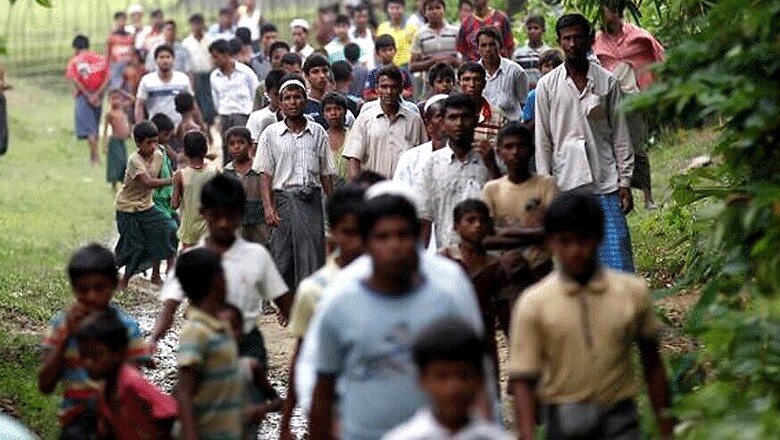
views
Geneva: Aung San Suu Kyi's government in Myanmar risks getting bracketed with "pariah states" like North Korea and Syria over its refusal to grant visas to a UN team investigating the plight of Rohingya Muslims, activists said Wednesday.
The civilian government of the Nobel peace laureate said on June 30 that the three investigators designated by the UN's Human Rights Council were not welcome, insisting it was conducting its own probe into alleged atrocities against the minority group.
That refusal amounts to "a slap in the face to victims who suffered grave human rights violations by Myanmar's state security forces", John Fisher, Geneva director at Human Rights Watch, said in a statement.
"Does Aung San Suu Kyi's government really want to be included in a very small and ignominious club of countries that reject Human Rights Council decisions?" he said.
"North Korea, Eritrea, Syria, and Burundi are human rights pariah states that obstructed the work of independent, international investigations into alleged rights abuses, and it would be a travesty for a democratically elected, National League for Democracy-led government in Myanmar to do the same."
On Monday, US Ambassador to the UN Nikki Haley also called on the Myanmar government to give visas to the UN fact-finding mission, arguing the "international community cannot overlook what is happening in Burma".
The north of Myanmar's Rakhine state has been under lockdown since October, when the military launched a campaign to hunt down Rohingya militants who staged deadly attacks on police posts.
More than 90,000 Rohingya have been forced to flee their homes since the crackdown began, according to UN estimates.
A UN report in February said the campaign against the Rohingya, who are denied citizenship and other rights in Buddhist-majority Myanmar, "very likely" amounted to war crimes.
In May, the Geneva-based rights council appointed Indira Jaising of India, Radhika Coomaraswamy of Sri Lanka and Christopher Dominic Sidoti of Australia to serve as the three members of the UN mission.
The mission was ordered to "urgently" investigate abuses reportedly committed by the security forces, particularly in Rakhine state where troops have been accused of raping, torturing and murdering members of the Rohingya community.











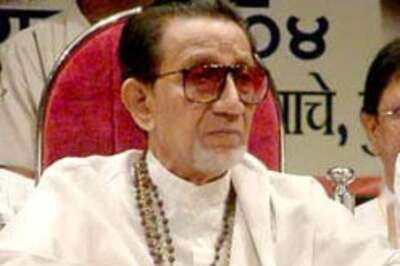
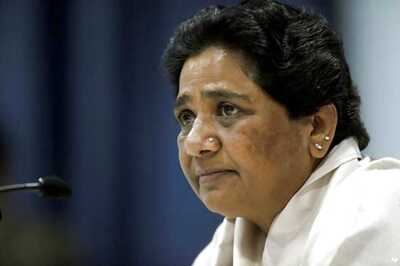


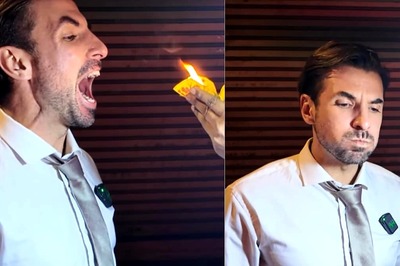

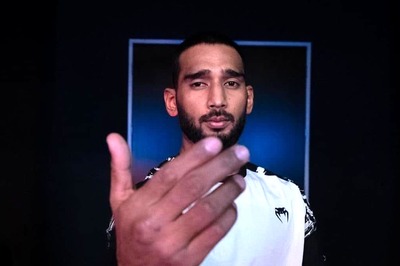


Comments
0 comment